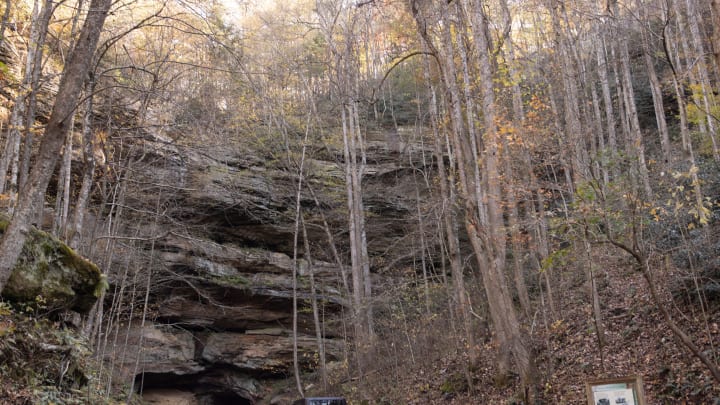Kentucky Climbers Advocate for Law to Boost Rock Climbing

Deep in Kentucky's Red River Gorge—renowned for its stunning sandstone arches and world-class climbing routes—the Red River Gorge Climbers' Coalition is working to make rock climbing more accessible. Curtis Rogers and Jereme Ransick, two key members of that coalition, are leading the push to have Kentucky's recreational land use law specifically permit rock climbing. It would protect private landowners from liability in case of climbers' injuries on their property, opening more private land for climbing.
Kentucky's recreational land use law protects landowners from liability if a person uses their property for activities like hunting, horseback riding, or picnicking. Rock climbing is not specifically cited, so many landowners have been very leery of allowing climbers access to their cliffs. This has been a real barrier because some of the better climbing locations in the state are lay on private land.
These are challenges Rogers and Ransick know all too well. They have spent countless hours bushwhacking through dense forests and scrambling up muddy hillsides to reconnoiter potential climbing routes. One such cliff, which they've already bolted for climbing, is owned by real estate developer Ian Teal. Teal has signed a memorandum of understanding with the Climbers' Coalition to allow climbing on his property while he develops it into a resort. Teal would like rock climbing included in the state code because he believes it can further protect people like him from liability if someone gets hurt.
The Coalition's efforts were well-received when it recently made its case to Kentucky lawmakers. Rogers and Ransick are now working to find a sponsor for the bill, hoping it will pass in the next legislative session in January. Their effort mirrors an increasingly broad nationwide trend that has seen similar laws enacted to protect landowners and promote rock climbing, such as in Colorado, Texas, and West Virginia.
Beyond legal protections, the amendment could boost Kentucky's tourism industry. Rock climbing is increasingly recognized as a major draw for visitors, especially in central Appalachian regions striving to diversify their economies away from a declining industry like coal mining. Rogers, Ransick, and the Climbers' Coalition view the proposed legal change as not only a victory for climbers but also a driver of economic growth and outdoor recreation for Kentucky.
